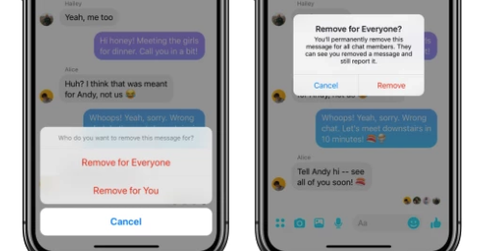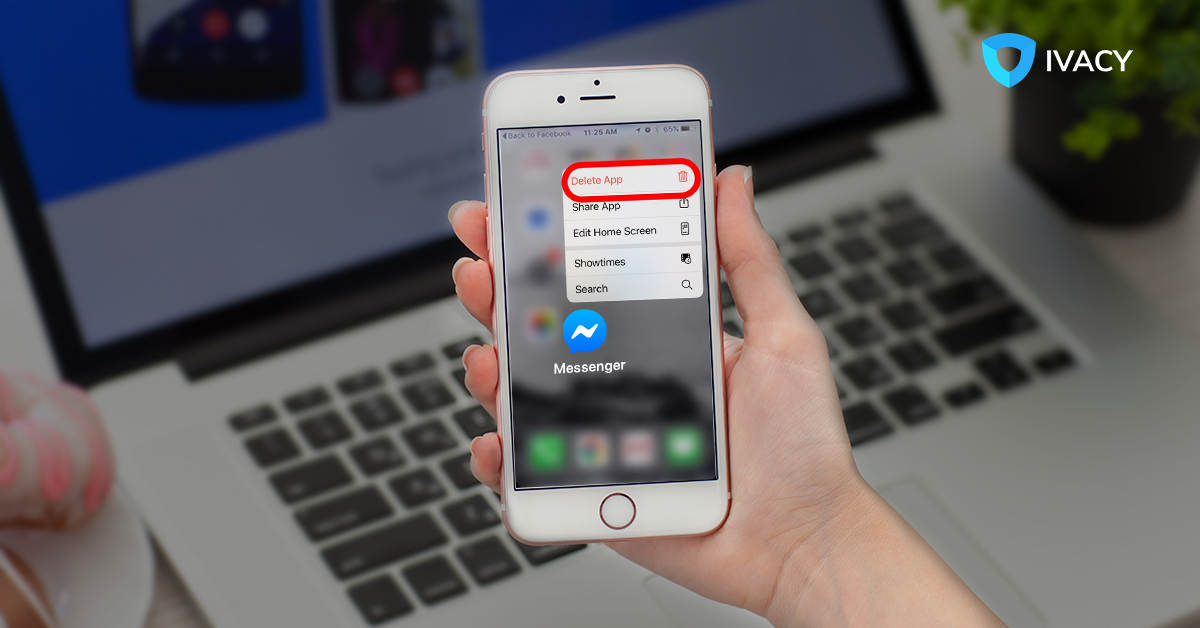

So not only did I erase my Facebook account, I also installed tracker blockers on my computer browser and mobile devices to prevent advertisers from using web cookies and invisible tracking pixels like Facebook’s. When I deleted Facebook, I wanted all of that ad targeting to go away. The social network can then use that information to help brands target you. When you load a website for a brand, Facebook pixel sends information about the device and its browsing activities back to the company. One involves Facebook pixel, an invisible tracker that brands can embed into their websites. The social network uses a variety of approaches to collect information about web users. Most were former classmates whom I had lost touch with. Over the 14 years that I used Facebook, I accrued about 500 friends. What if they didn’t see that post about an outing with a distant friend? Or a party invitation shared on the social network?įor me, it turned out that without Facebook, there wasn’t much I really missed out on - except targeted ads. So what about FOMO, otherwise known as a fear of missing out, typically induced by social media? That is often one of the biggest reasons people are afraid to quit Facebook. Over the past five months, my online shopping purchases dropped about 43 percent. I realized I was spending considerably less money on my usual guilty pleasure of buying clothing and cooking gadgets online because I was no longer seeing the relevant Facebook ads that egged me on to splurge. Instagram might have started thinking I was female, but my wallet thanked me. Among them: promotions for women’s shaving products, purses and bathing suits.


So after a few months of deleting the social network, I began seeing random ads pop up on sites like Instagram (which Facebook owns). Facebook has long used information that it collects on its users to target people with the most relevant ads.

There were some differences, though - including some strange experiences with online ads.


 0 kommentar(er)
0 kommentar(er)
